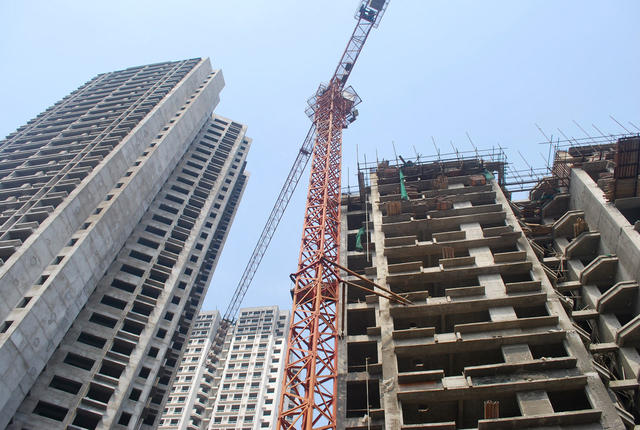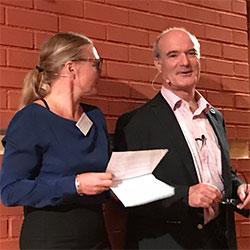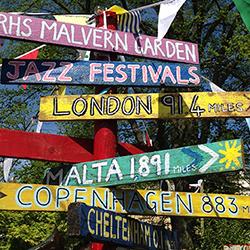
Whose Knowledge Matters?
Contesting Sustainable Urban Development
Often there are linear narratives of urban development processes in cities, with models of ‘success’ being replicated across different city contexts. The promise of knowledge tends to be focused upon the economic and technological as if these were separate spheres of activity from the social and political. In contrast, alternative conceptions of the knowledge society are founded on alternative epistemological assumptions which take democracy and the role of the citizen expert and communities of practice seriously.
The search for just, sustainable futures requires organising cities in such a way as to connect knowledge about an area to the capacities and capabilities to make desired changes. These arguments formed the basis of a co-authored book published in 2017 by Taylor and Francis, drawing on Mistra Urban Futures work, on Cities and the Knowledge Economy (May and Perry).
Whose Knowledge Matters? Citizens place-based knowledges: Contesting Sustainable Urban Development builds on this previous work and examines the role of contestation and dissent in sustainable urban development projects. It is predominately funded by the ESRC Open Research Area initiative but has a small amount of funding from MUF to expand coproduction methodologies and support knowledge exchange and impact as the basis for comparative work in Participatory Cities and the new cultural heritage project.
Specifically, it seeks to value contested citizens place-based knowledges and identify how citizens’ expertise is excluded from decision-making processes. The project will produce two contested cases of planning and spatial development decisions. Through the processes of mapping and making exhibitions we will unveil contested narratives of urban development. In particular, we will use exhibition as research and intervention, giving voice to citizens’ memories, or other ways of knowing beyond conventional development or place narratives.
Interviews and workshops with community groups
In 2018 we undertook a series of interviews with planners in Greater Manchester, focussed around the yhe process of developing the Greater Manchester Spatial Framework which has been heavily contested and has been opened up to a radical ‘redraft’ by Greater Manchester’s new Mayor, Andy Burnham. A paper drawing on the case was presented as part of a panel at the American Association of Geographers conference in April 2018 and a paper has been submitted to a leading journal. We have also undertaken a series of workshops with community groups in the process to identify where and how their knowledge is deployed and valued in formal consultation processes.
Importance of citizens knowledge
In 2019 we will focus on working with community group to reveal and revalue alternative spatial representations through a process of counter-cartography which will result in an exhibition as part of the bicentennial commemorations of the Peterloo Massacre. Further articles and blogs will be produced, as well as visual aids and toolkits.
The project contributes to Mistra Urban Futures overall themes through a reflection on the importance of citizen’s knowledges in spatial development processes and the value of memory, place and narrative as intangible heritage. Through this it will contribute to understanding the role and value of citizens’ place-based knowledge in sustainable urban development.







